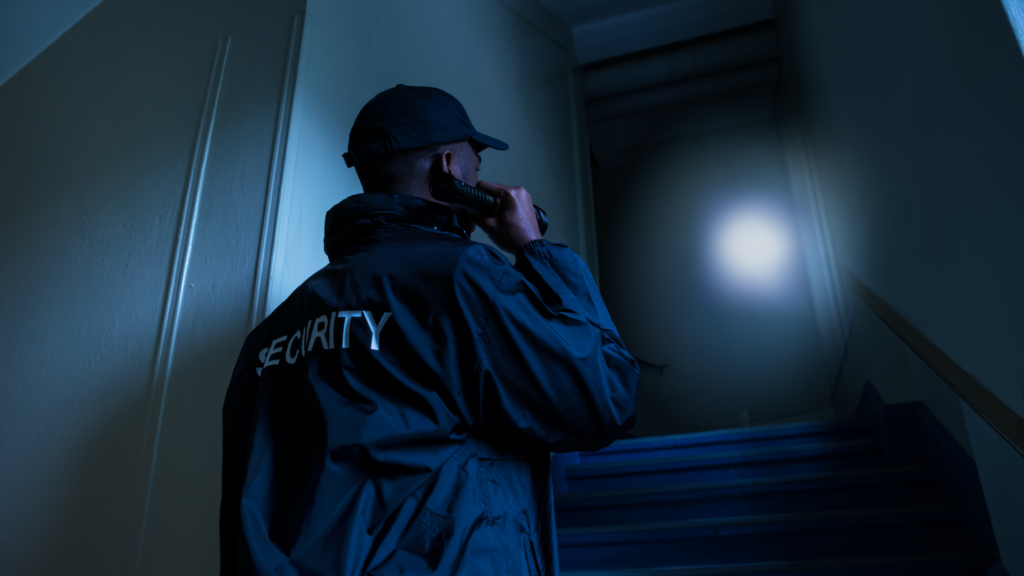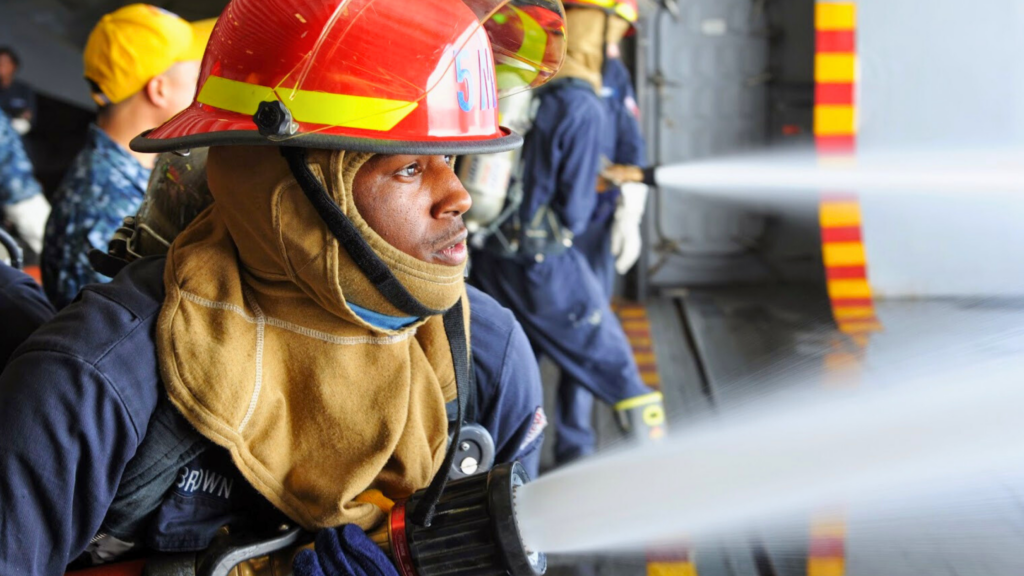Sleep Deprivation
Sleep deprivation poses a significant threat to the health and safety of first responders, including firefighters, with profound implications for their performance and well-being. According to a report by the International Association of Fire Chiefs (IAFC), sleep deprivation is closely linked to impaired cognitive function, decreased reaction time, and increased risk of accidents and errors among first responders.
The Effects
The effects of sleep deprivation on firefighters are staggering. Studies cited in the IAFC report reveal that sleep deprivation increases the likelihood of accidents and injuries during emergency response operations. In fact, sleep-deprived individuals are up to 1.9 times more likely to be injured on the job. Moreover, fatigue-related incidents among firefighters are estimated to cost over $100 million annually in healthcare expenses and lost productivity.
Beyond the immediate physical risks, sleep deprivation also takes a toll on firefighters’ mental health. The IAFC report highlights the correlation between inadequate sleep and heightened levels of depression, stress, and irritability among first responders. Alarmingly, a survey conducted among firefighters found that over 37% reported symptoms of depression, a condition exacerbated by chronic sleep deprivation.
Furthermore, the impact of sleep deprivation extends to firefighters’ decision-making abilities and situational awareness. Sleep-deprived individuals exhibit impaired judgment and cognitive function, hindering their ability to assess risks and make sound decisions during emergency situations. This cognitive impairment not only endangers the lives of first responders but also jeopardizes the safety of the communities they serve.



Recognizing the critical importance of addressing sleep deprivation among first responders, the IAFC report underscores the need for comprehensive strategies to promote healthy sleep habits and mitigate the risks associated with sleep deprivation. Initiatives such as fatigue management programs, education on sleep hygiene, and scheduling reforms are essential components of efforts to safeguard the well-being of firefighters and enhance their operational effectiveness.
In conclusion, the detrimental effects of sleep deprivation on firefighters and first responders cannot be overstated. As frontline heroes who confront life-threatening situations daily, ensuring adequate rest and sleep is imperative for their safety, health, and performance. By prioritizing sleep health and implementing targeted interventions, we can support our firefighters in fulfilling their vital roles and safeguarding the communities they serve.


